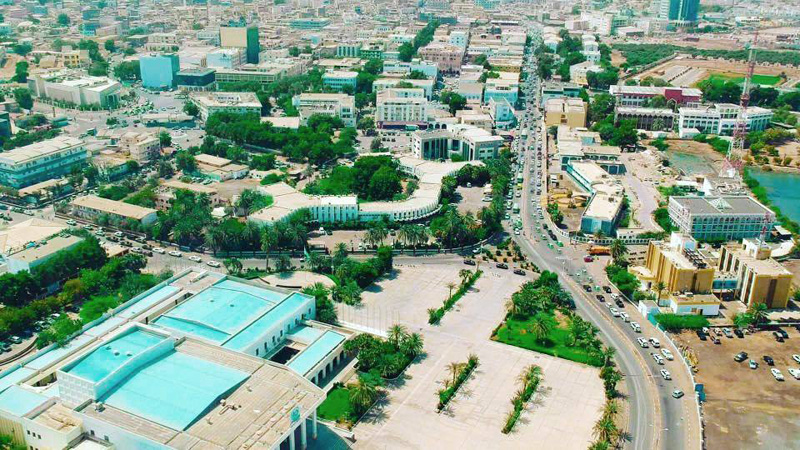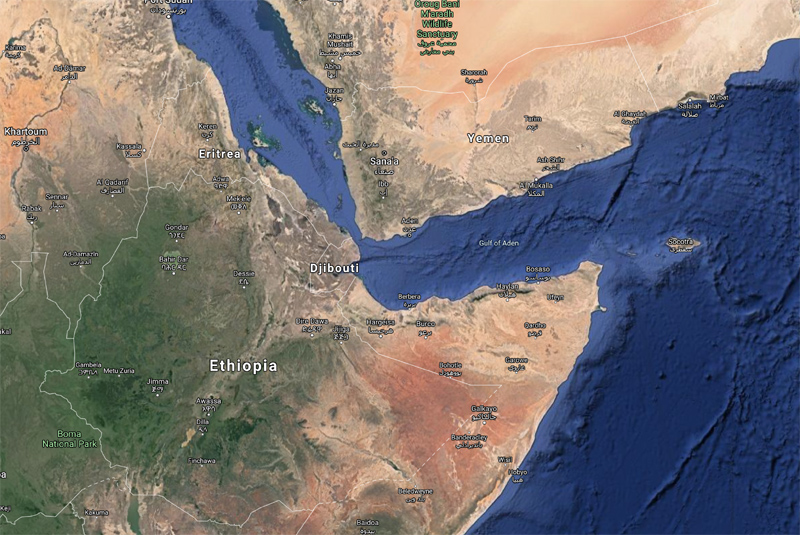Djibouti – situated at the mouth of the Gulf of Aden, where it meets the Red Sea – was, till recently, a relatively remote country. The Bab El Mandeb, which connects both seas, has Yemen to the East and Eritrea and Djibouti to the West. Enveloped by Ethiopia, the port city-state has a small area which gives access to Somaliland. It is this strategic location which has turned Djibouti into a crucial Islamic country.
The weather in Djibouti is punishing. It’s extremely hot and humid; its high temperature in summer is about 42C. in some annals, it was described as the most inhospitable country in the world.
However, that has changed. In recent decades, here, globalisation has taken over Djibouti. Swanky new hotels and restaurants have sprung up, places where soldiers from the bases mingle with each other.

In 2005, when I visited Djibouti, as non-Resident Ambassador based in Addis Ababa, I was astonished that the Sheraton hotel did not have a hot water system. The hotel staff was perplexed that someone would seek hot water in the hottest country in the world.
-30-
Copyright©Madras Courier, All Rights Reserved. You may share using our article tools. Please don't cut articles from madrascourier.com and redistribute by email, post to the web, mobile phone or social media.Please send in your feed back and comments to [email protected]











